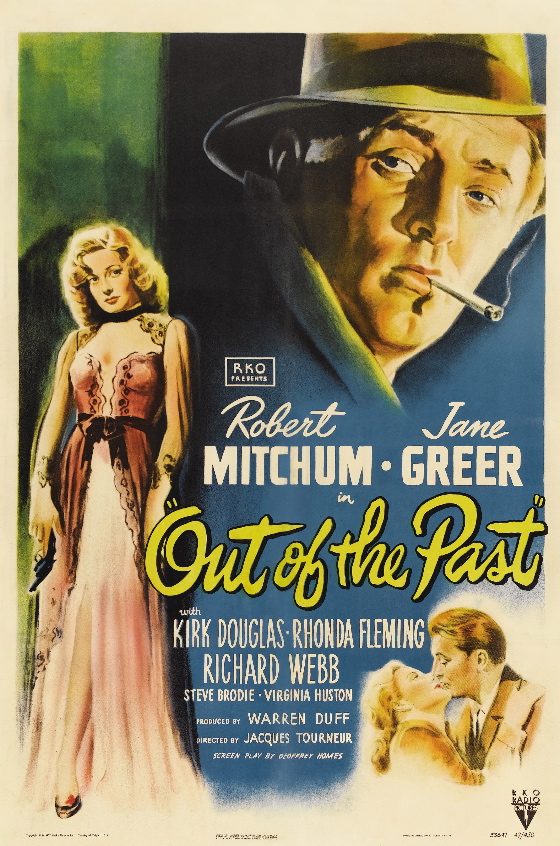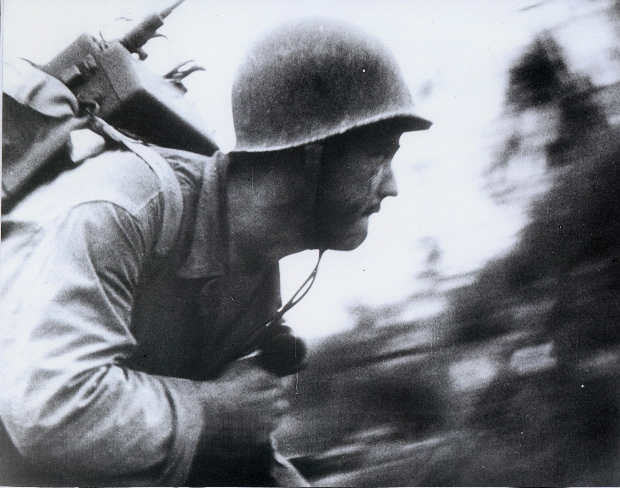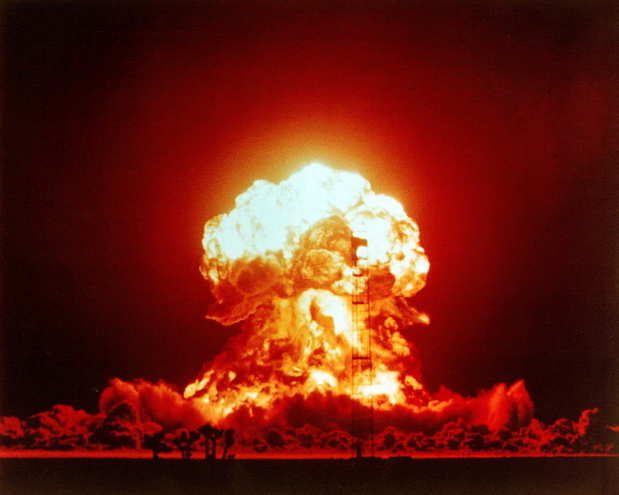
In my last post I wrote:
I would argue that pulp fiction, hardboiled fiction, from the
20s and 30s is something different from the wartime and post-war films that are, to me at least, the heart of the film noir tradition. Film noir
drew on that fiction, just as it drew on the 30s-era crime melodrama
and conventional detective fiction, but it became something new.
So what was new about it?
James Ellroy summed it up best when he observed that the basic message of film noir
is “You're fucked.” It's an existential message, philosophical
(or perhaps theological) in nature. Another way of putting it
might be “The world is fucked, at its core, and there's nothing you can
do about it.” You might temporarily survive the predicament this
puts you in, or it might destroy you, but the predicament isn't going
to change.
This represents a profound divergence from the traditional “hero's
journey”, in which an everyman faces tests and ordeals in the pursuit
of wisdom, of meaning. It also represents a divergence from the
“outlaw ballad” tradition of the 30s-era crime melodrama, in which we
explore the underworld and revel in the transgressive behavior of
society's rebels — all the while confidently expecting the rebel's
death and a reassertion of humane values. In true noir, those traditional values have evaporated.

You have to ask yourself why such a radical divergence from earlier
traditions happened in the post-WWII era, and the answer to me is
obvious. The basic message of war, and particularly of combat, is
“You're fucked.” The soul-shaking experience of hearing this
message delivered in the most brutal terms doesn't go away after the
war ends, even if it ends in victory. It is not subsumed in
feelings of patriotism or in the satisfaction of having done one's duty.
It endures forever. In the case of WWII it had a macabre
objective correlative — the atomic bomb, the image of the mushroom
cloud, which summed up the enduring sense of existential dread that had
infected American society, and in particular its returning war vets.

Film noir was an arena in
which that existential dread could be engaged safely — and there was
something exhilarating about the exercise, the exhilaration of dealing
with an urgent but buried anxiety. The existential dread I'm
speaking of here didn't define post-war America but it was there, and
it couldn't be talked about directly in a world that was desperately
trying to get back to normal. But it could be faced in art — most especially in film noir.

Another great post Lloyd. I agree totally with the “you're fucked” thesis, but I think it's origins are more rooted in European extistentialism through the post-war influence of directors such as Wilder, Siodmak, Lang, De Toth, Sirk, Ulmer, Dmytryk, Tourneur, Von Sternberg et al.
Thanks again for your comment. This is an issue you've reminded me of before, and I haven't forgotten it.
But do we have any direct evidence that these directors were influenced by Existentialism per se while they were still in Europe? I know that Wilder lost family in the Holocaust, and all of these directors would have been keenly aware of the Nazi nightmare in Germany — and that in itself would have created a skeptical view of human society and the human condition.
It wouldn't surprise me if this made Existentialsm attractive to them — but was it a direct influence?
Just a couple of random references on existentialism and noir offered in support of my view:
Robert G. Porfirio’s “No Way Out: Existential Motifs in the Film Noir” (1976) studies the existentialist character of film noir: the anti-hero, existential choice, alienation and loneliness, “man under sentence of death”, meaninglessness and the absurd, chaos and violence, and ritual and order.
Mark Conard looks at Porfirio's definitions and the meaning of Film Noir in The Philosophy of Film Noir:
“This death of God, then—the loss of permanence, a transcendent source of value and meaning, and the resulting disorientation and nihilism—leads to existentialism and its worldview. Porfirio characterizes existentialism as: 'an outlook which begins with a disoriented individual facing a confused world that he cannot accept. It places its emphasis on man’s contingency in a world where there are no transcendental values or moral absolutes, a world devoid of any meaning but the one man himself creates.' As a literary/philosophical phenomenon, set in its particular place in history, existentialism is continental Europe’s reaction to the death of God. My proposal, then, is that noir can also be seen as a sensibility or worldview which results from the death of God, and thus that film noir is a type of American artistic response to, or recognition of, this seismic shift in our understanding of the world. This is why Porfirio is right in pointing out the similarities between the noir sensibility and the existentialist view of life and human existence. Though they are not exactly the same thing, they are both reactions, however explicit and conscious, to the same realization of the loss of value and meaning in our lives.”
There's no question that Existentialism and noir have much in common — I'm just not sure that the former directly influenced the latter. Sartre published a few books in the 30s, but Existentialism as an intellectual movement didn't cohere and become prominent until the 40s and 50s, after the European directors in the noir tradition had immigated to America.
Noir and Existentialism could have been parallel but not directly related responses to the catastrophes of the 20th Century.
In any case it's certainly an area that deserves further study.